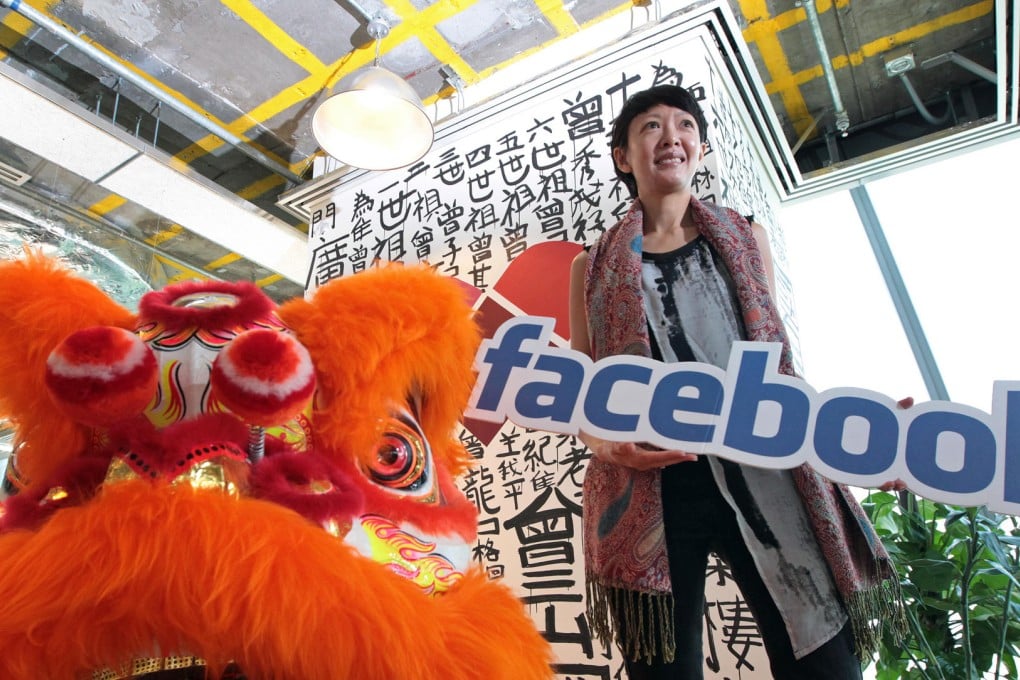The changing face of advertising: What's not to "like" about Facebooking for a living?
When Jayne Leung started working for social media giant Facebook in Hong Kong, her office was the back of a taxi or a table at Starbucks. She tells George Chen how she managed to update her status to head of Greater China.

Jayne Leung, a native of Hong Kong, has witnessed up-close the fast changes that the media and advertising industries have experienced over the past 15 years. She moved from traditional advertising to meet head-on the challenge of cyberspace, and is currently head of the Greater China region for Facebook.
When Leung joined Facebook about five years ago in Hong Kong, the internet start-up didn't even have an office in the city. But that didn't discourage Leung, a former regional executive at Google. She began her work for Facebook sitting in Starbucks outlets or in the back of taxis. Today, two-thirds of Hong Kong's 7 million people are active monthly users on Facebook.
It's important to know your strengths and how you can actually continue to build your strengths throughout your career. Whether two years is too long or too short, or five years is too long or too short, or in my case, I was with DoubleClick for almost nine years before I decided to switch. I think there's no definite answer for anyone, but I think when you think about your career path, always think about how you can leverage your strengths and build up experiences.
At Facebook, we actually talk a lot about leveraging strengths rather than overcoming your weaknesses. So we try to manage people by strengths, rather than trying to ask them to improve on their weaknesses, because you can always get more out of people by managing their strengths.